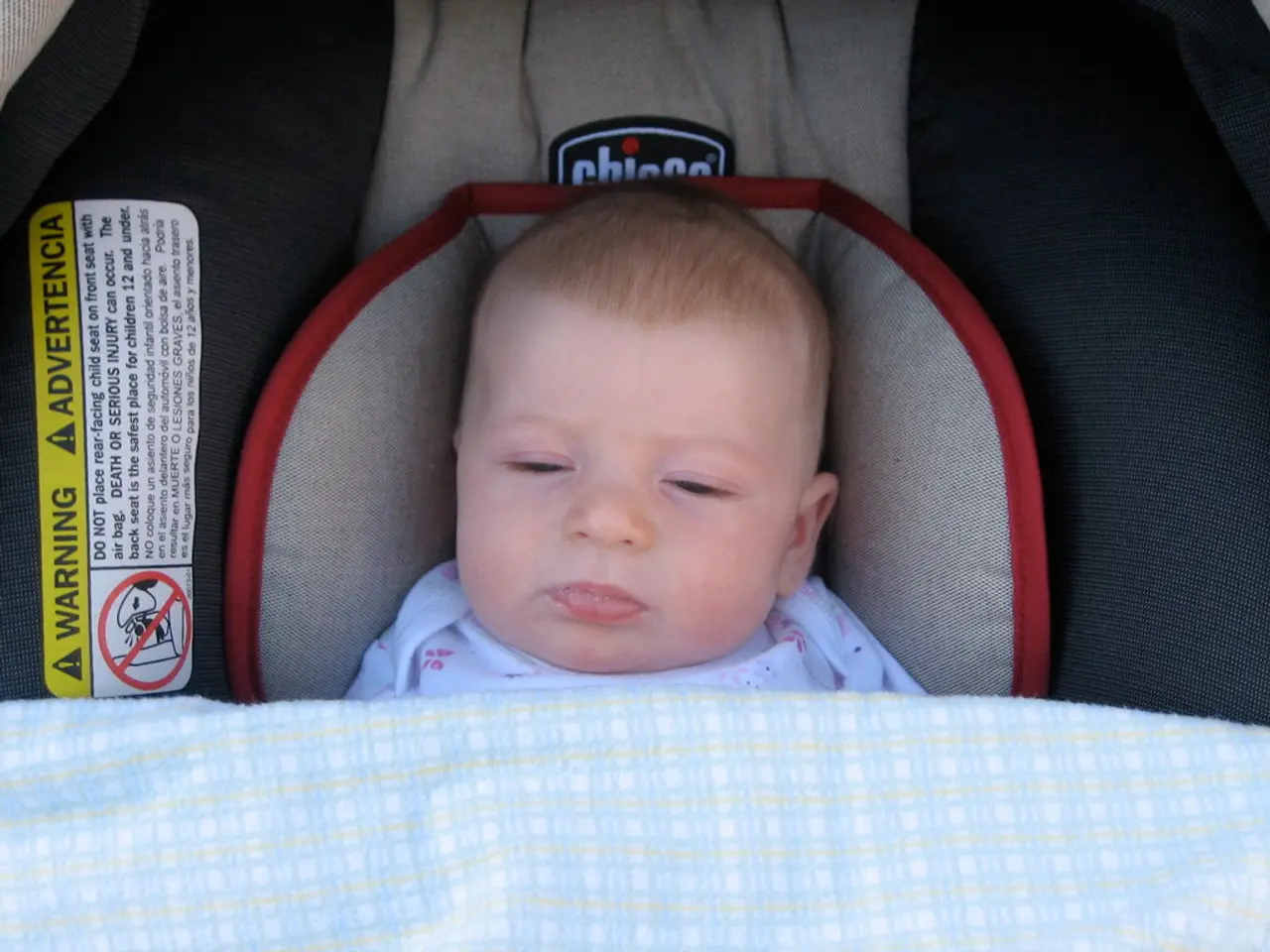Government ponders potential adoption of kids from Middle Eastern regions
German Cities Take Steps to Aid Traumatized Children from Gaza and Israel
Two German cities, Hannover and Düsseldorf, have announced their intent to provide aid and protection to children from the Gaza Strip and Israel who are in need. The focus of this initiative is to expand medical aid on site and in the region, with a primary goal of offering a safe haven for traumatized children.
Hannover has taken the lead by announcing plans to take in up to 20 children, with up to 20 emergency care places available currently. The city is also considering expanding its capacity through host or foster families. Initial talks have already taken place in Düsseldorf, involving discussions with the Jewish Community and the circle of Düsseldorf Muslims.
The Lord Mayor of Düsseldorf, Stephan Keller, has expressed support for this plan, and other cities are reportedly interested in participating in similar programs. The cities are working with partners to implement their plans, with the city administrations of Düsseldorf, including Mayor Clara Gerlach (Greens) and Lord Mayor candidate Fabian Zachel (SPD), working together on this project.
However, the federal government faces several challenges in facilitating the entry of these children. The security situation and ability to leave Gaza are major concerns, as the feasibility depends heavily on the current security environment in Gaza and whether the children can safely exit the region.
Political and administrative support is also lacking, with the federal government expressing doubts about the feasibility of such projects and not formally supporting or initiating procedures to facilitate their entry. Complex coordination requirements, such as asylum processes or special humanitarian admissions, present additional hurdles, as these currently appear uncertain or deprioritized by the Federal Office for Migration and Refugees (BAMF).
Germany’s refugee policy regarding Palestinians from Gaza remains in flux, with BAMF pausing decisions on asylum claims from Gaza for a long period due to the uncertain conditions and political sensitivities surrounding the conflict. This complicates legal protection pathways for the children.
German officials argue that the best way to help affected children is through support in neighboring or regional countries rather than facilitating long journeys to Germany, emphasizing political and logistical difficulties. Legal and human rights challenges also pose obstacles, with courts ruling in favor of Palestinian asylum seekers, but systemic delays and suspensions in asylum processing remaining a hurdle for timely protection.
Despite these challenges, the cities of Hannover and Düsseldorf continue to work diligently, focusing on providing protection and aid to traumatized children from the Gaza Strip and Israel, as well as expanding medical aid in the region. The Greens have called on the federal government to support these efforts to help children in need. The scope of aid in Düsseldorf is still unclear, but the city plans to explore the possibilities of implementing the project in the coming week.
- The focus of aid initiatives in German cities, such as Hannover and Düsseldorf, extends beyond merely offering medical care, as they also aim to create a health-and-wellness environment for traumatized children from Gaza and Israel, particularly in light of war-and-conflicts and its effects on their mental health.
- As political debates continue on the appropriate response to the humanitarian crisis in Gaza, controversies surrounding science and politics often intersect, with some advocating for a greater focus on general-news coverage and understanding of the complex dynamics of migration and displacement within the region.
- Despite its commitment to the health and welfare of children from Gaza and Israel, the German government encounters hurdles in facilitating their entry due to issues stemming from security concerns, administrative challenges, and a lack of political support, causing legal protection pathways and asylum claims to remain uncertain.




